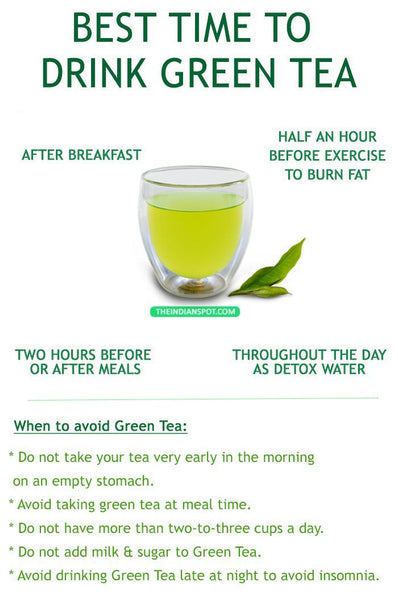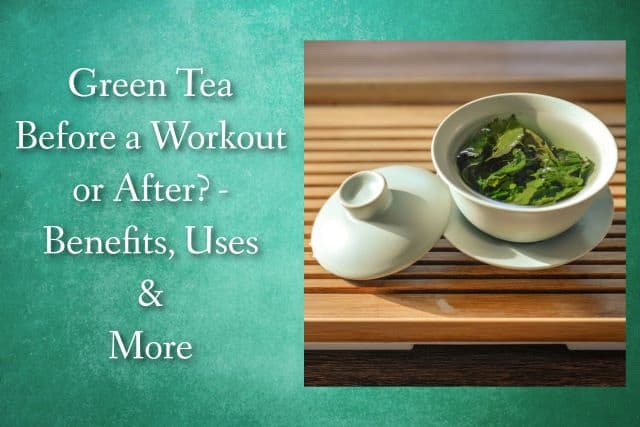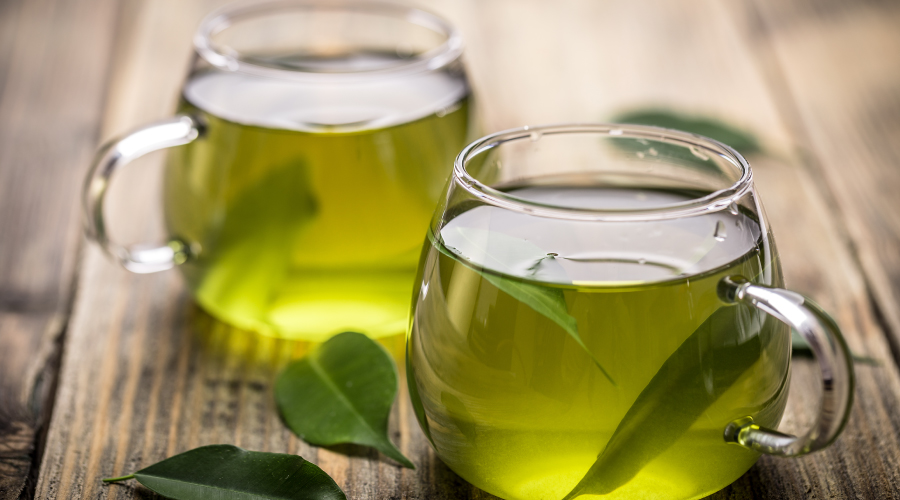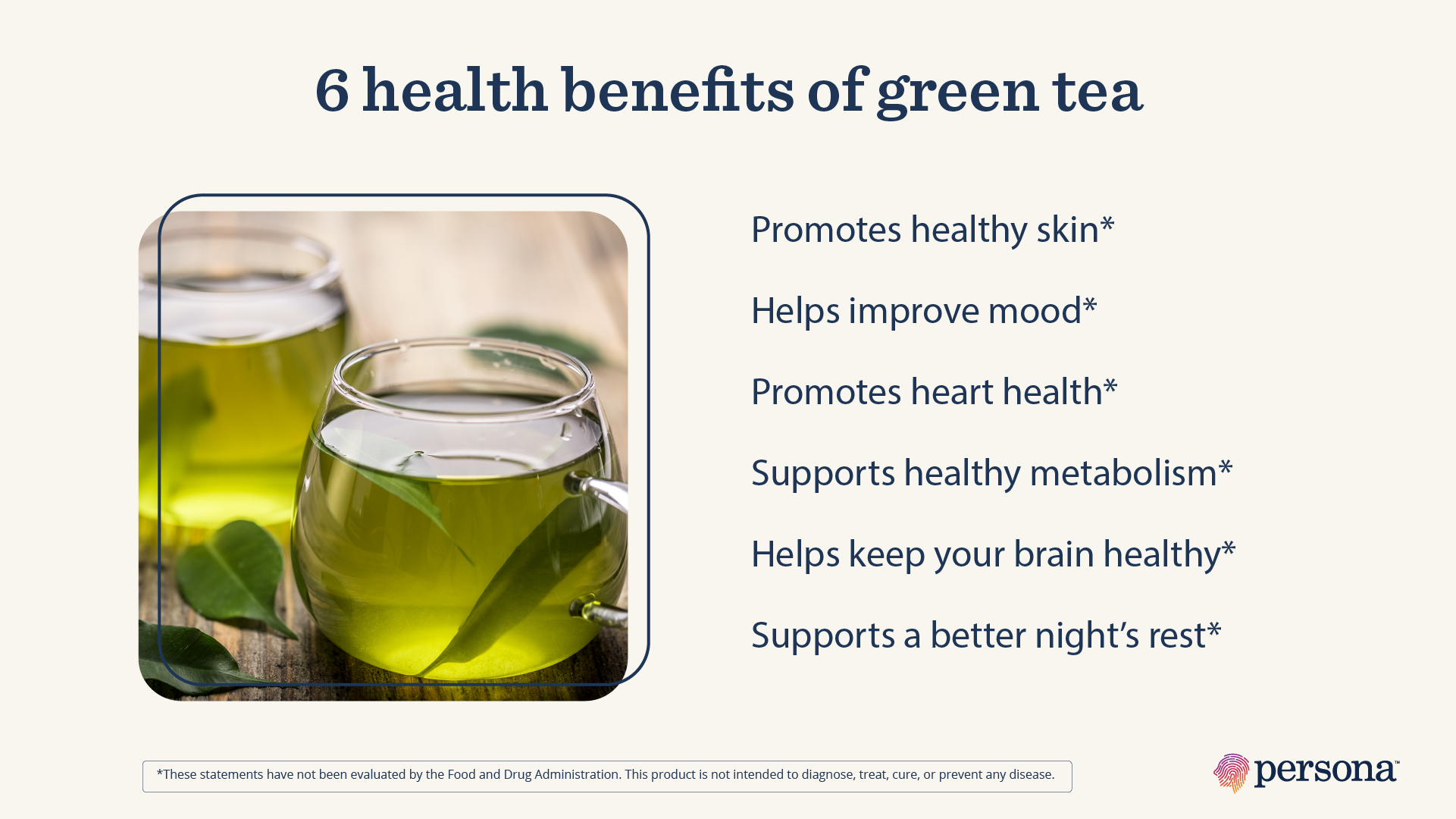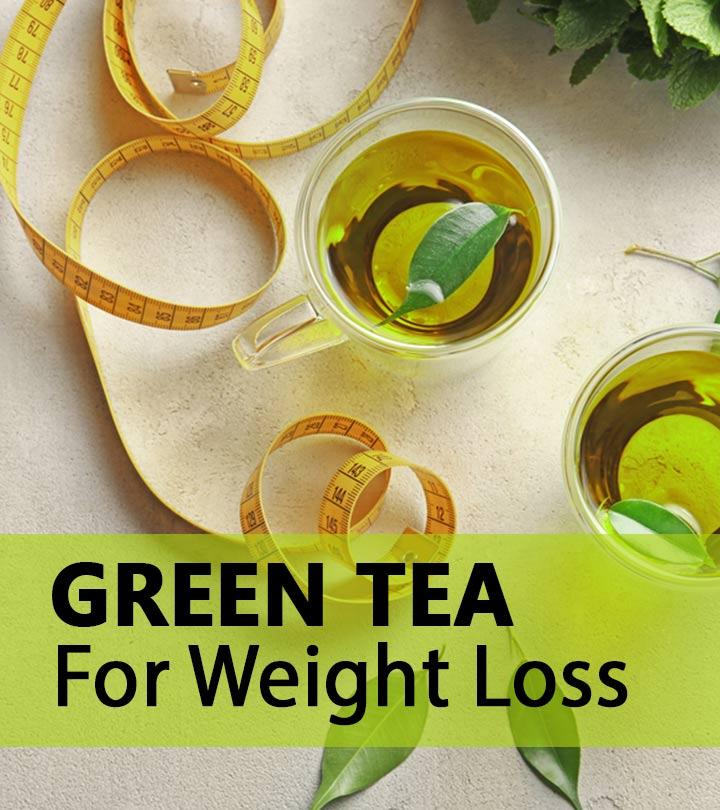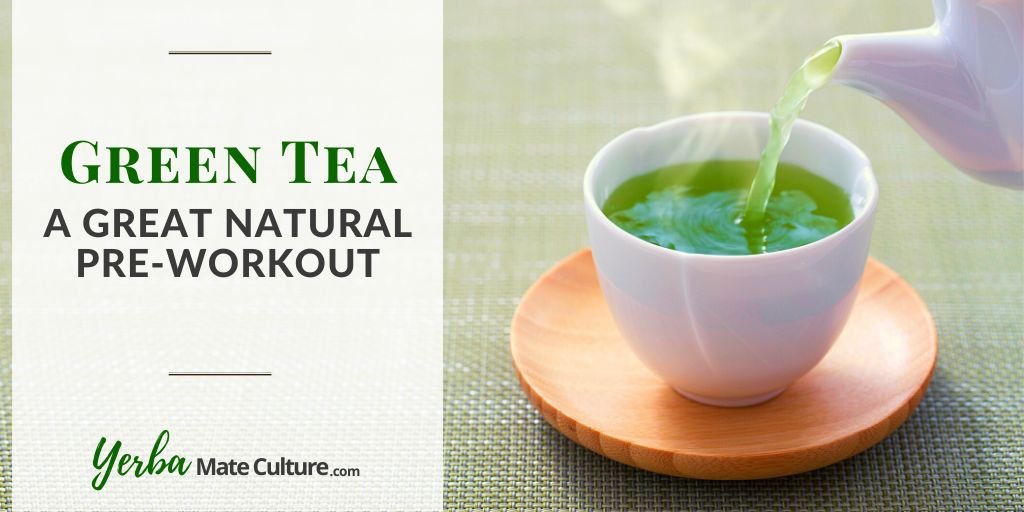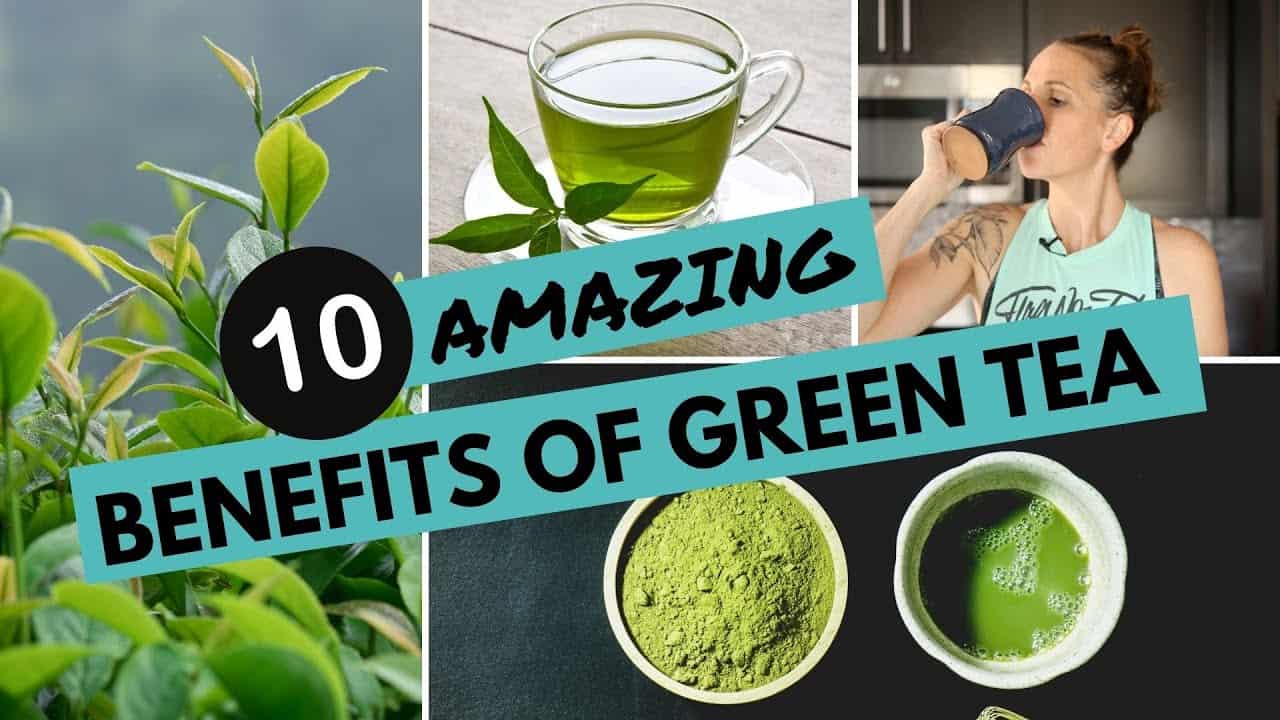Green Tea After Workout Or Before

The fitness world is awash in advice on how to maximize workout results. From pre-workout supplements to post-exercise recovery strategies, athletes and enthusiasts alike are constantly seeking that extra edge. One seemingly simple, yet potentially powerful, tool being explored is green tea. But a crucial question remains: is green tea better consumed before or after a workout?
The timing of green tea consumption relative to exercise is not merely a matter of preference; it's a question of leveraging the tea's bioactive compounds – particularly catechins, like epigallocatechin gallate (EGCG) – to optimize performance, recovery, and overall health. This article will delve into the scientific evidence surrounding the effects of green tea taken before versus after exercise, examining its impact on energy levels, fat oxidation, muscle recovery, and inflammation, ultimately providing a balanced perspective to guide informed choices.
Green Tea Before a Workout: Energy and Fat Burning
Many proponents of pre-workout green tea highlight its potential to enhance energy and promote fat oxidation. The caffeine content in green tea, though lower than in coffee, can provide a mild energy boost, improving focus and potentially increasing workout intensity.
Studies have suggested that EGCG, in combination with caffeine, can stimulate thermogenesis and fat burning during exercise. A review published in the International Journal of Sport Nutrition and Exercise Metabolism indicated that green tea extract may increase fat oxidation, particularly during moderate-intensity exercise.
However, it's important to note that the magnitude of this effect can vary depending on individual factors such as caffeine sensitivity and exercise intensity. Some individuals may experience jitters or anxiety from caffeine, negating any potential performance benefits. Always consult a doctor or certified physician before taking any substance.
Green Tea After a Workout: Recovery and Inflammation
The post-workout window is a critical time for muscle recovery and repair. Green tea's antioxidant and anti-inflammatory properties make it a potential candidate for aiding this process.
Exercise-induced muscle damage leads to inflammation, which, while a necessary part of the recovery process, can also contribute to muscle soreness and delayed recovery. The catechins in green tea, particularly EGCG, possess potent anti-inflammatory properties that may help mitigate this inflammation.
Research published in the Journal of the American College of Nutrition has explored the potential of green tea to reduce muscle damage and improve recovery after strenuous exercise. Some studies have shown promising results, suggesting that green tea consumption after a workout may help reduce muscle soreness and improve muscle function. However, more research is needed to confirm these findings and determine optimal dosages.
Furthermore, green tea contains antioxidants that combat free radicals produced during exercise. These free radicals can contribute to oxidative stress and muscle damage, and antioxidants from green tea may help neutralize them, promoting faster recovery.
Potential Downsides and Considerations
While green tea offers potential benefits both before and after workouts, it's crucial to consider potential downsides. Excessive caffeine intake can lead to anxiety, insomnia, and gastrointestinal distress.
It's important to monitor individual caffeine tolerance and adjust green tea consumption accordingly. Moreover, green tea can interfere with the absorption of certain nutrients, such as iron. This is not a substitute for food or medications.
Individuals with iron deficiency should be mindful of their green tea intake and consider consuming it at a different time than iron-rich foods or supplements. Furthermore, some individuals may experience stomach upset or nausea from green tea, especially when consumed on an empty stomach. Drinking a glass of water can help this, but it is important to listen to your body and stop intake if there are complications.
Expert Opinions and Recommendations
Registered dietitians and sports nutritionists offer varied perspectives on the optimal timing of green tea consumption relative to exercise. Some advocate for pre-workout consumption to capitalize on the energy-boosting and fat-burning effects, while others recommend post-workout consumption to aid recovery and reduce inflammation. Consult with the certified professional before taking any supplements, foods, and teas.
Dr. Sarah Williams, a sports nutritionist, suggests, "The best timing depends on individual goals and tolerance. If you're looking for an energy boost and potential fat-burning benefits, consider drinking green tea 30-60 minutes before your workout. If your primary goal is recovery, drinking it within an hour or two after exercise may be more beneficial."
Michael Davis, a certified personal trainer, adds, "It's also crucial to consider the form of green tea. Green tea extract supplements often contain higher concentrations of caffeine and catechins than brewed tea. Start with a lower dose and gradually increase it to assess your tolerance."
The Bottom Line: Tailoring Consumption to Individual Needs
Ultimately, the optimal timing of green tea consumption relative to exercise is a personalized decision. There is no one-size-fits-all answer.
Individuals should consider their goals, caffeine sensitivity, and overall health status. Experimenting with different timings and dosages can help determine what works best.
Before making any significant changes to your diet or supplement regimen, it's always advisable to consult with a healthcare professional or registered dietitian. It is never too late to seek the guidance of a professional.
Looking ahead, further research is needed to fully elucidate the effects of green tea on exercise performance and recovery. Future studies should focus on examining the impact of different dosages, forms of green tea (e.g., brewed tea vs. extract), and exercise modalities.
As our understanding of green tea's potential benefits grows, it may become an increasingly valuable tool for athletes and fitness enthusiasts seeking to optimize their training and recovery.
